Do you know the biggest misconception about investing? New York Times best selling author Dr. Daniel Crosby joined Emily Binder to talk about the psychology of money. Many investors are mistaken that success in the markets is about being analytically minded, but it’s actually more about self control.
So yes, C.R.E.A.M., but emotion rules cash. Daniel shares the three legs of effective investing and why education alone isn’t enough to save us from investing mistakes or weight gain. (Yes, the two are linked.)
1-click play this episode wherever you listen
Guest: Dr. Daniel Crosby is an Atlanta based psychologist and behavioral finance expert who helps organizations understand the intersection of mind and markets. A New York Times bestselling author, his most recent book is The Behavioral Investor. Dr. Crosby is Chief Behavioral Officer at Brinker Capital.
Timestamps and topics:
02:00 Daniel’s background: trained in clinical psychology then searched for non-clinical applications of psychology, stumbled on behavioral finance: the intersection of the mind and the markets
02:50 What do people most misunderstand about investing and their money?
03:20 “My business is full of human behavior” -Daniel’s father, a financial advisor for forty years
4:00 Many people think that success in the markets is about being analytically minded… when in reality the most successful investors have one thing in common: being able to control their own emotions. See Buffett.
4:15 It’s quite easy to be okay or good at investing
04:40 Cognitive errors
05:00 Our brain is wired to keep us alive long enough to pass on our genes, not to achieve excellence
05:25 The ways our brains betray us and hurt our investing: Our ego (especially a problem for men: see Consider Firing Your Male Broker by Blair duQuesnay), emotion, conservatism, and attention (tendency to confuse what’s easy to recall vs. what is probable)
Taking selfies is riskier than investing.
06:20 Example of attention leading us astray: People are very afraid of sharks but not of taking selfies, even though the latter has a higher death rate. Attentional bias for the vivid.
07:13 People think investing is risky even though over any given fifteen year period in history you couldn’t have lost money while invested in the general stock market
07:30 Multi-asset class diversified investing is much safer than, for example, taking selfies or boating, but we don’t perceive it this way
Boating is riskier than investing.
08:20 We tend not to answer the complicated question but to substitute: so we ask, “is this enjoyable?” And investing isn’t fun, but boating is fun. So instead of answering “is this risky?” we answer the question “is this enjoyable?” And then boating seems safer than investing.
10:25 It’s more complicated than just having an advisor help you.
The three legs of good investment decision making:
Education: learn about stocks, bonds, accounts
Environment: your portfolio - well-diversified that won’t scare you to death
Encouragement: good advisors to slap the bad decision out of your hand before you make it
11:00 Self-control parallels to diet and exercise: know what to eat, don’t have junk in the pantry, have a trainer or workout buddy to get you in the gym (apply these analogies to investing)
11:20 We added nutrimental information and calorie labels to food but we are actually twice as obese now - behavior change takes much more than just education
12:00 We want to think that we’re rational but information/education is a weak predictor of behavior change (nutrition labels alone don’t change our behavior)
13:25 For the same reasons that we’re fat, we’re poor. It’s complicated information, and it’s just information alone, which is ineffective (see the three legs). There’s a cottage industry of selling complexity.
Our tweet storm - what do people misunderstand about investing?:
14:00 Are people more empowered to manage their money now with technology and more transparency? Are we on a better path to managing our money better now that we’ve gotten away from old school stock brokers dialing for dollars and manipulating our emotions?
15:00 There’s never been a better time to be an individual investor, yet things we think we want like transparency and liquidity can hurt us. E.g. the more you check your account, the more it induces action, panic, and mistakes.
You’ve probably heard of the famous Fidelity study which showed that investors who had forgotten their account passwords performed better than ones who logged in and traded actively.
16:00 Across 19 different countries, the more active people are with trading, the worse their portfolios tend to perform.
17:15 People need financial advisors, but not for the reason they think.
18:00 Emily mentioned this quote from Stephanie Bogan on Patrick Brewer’s podcast, The Model FA: “When people come into your office to talk about their money, they’re never really talking about their money."
19:00 Literally nothing has more excitatory power in the brain than money - not sex, not death, not anything else.
19:40 Daniel has a strong Twitter presence, is great at marketing himself, and at making his ideas accessible: what is his strategy?
20:35 Daniel’s long term plan: put positive messages into the world and study happiness
21:30 Daniel’s podcast recommendations:
Dateline NBC Podcast - listen on Spotify
Ologies Podcast - study of different sciences
The Pitch (“Shark Tank" for your ears”)
Standard Deviations (Daniel’s podcast) - Emily’s favorite episodes:
24:00 Daniel’s book recommendations:
He is writing a book on the meaning of life, so he is reading about this. Best one he read last year: Alchemy by Rory Sutherland (Ogilvy guy) - great book for anyone into marketing. Topic: behavioral economics and applying psychology to marketing.
Connect with Daniel Crosby:
Twitter: @danielcrosby
Interested in business, marketing, and technology? Subscribe free to our minipod, Voice Marketing with Emily Binder. Under 5 minutes twice a week on podcast apps and Alexa:




















